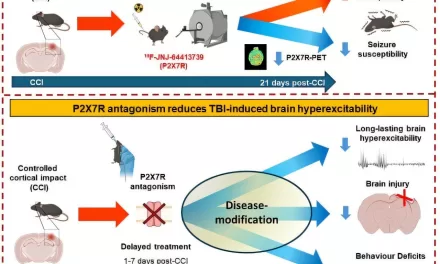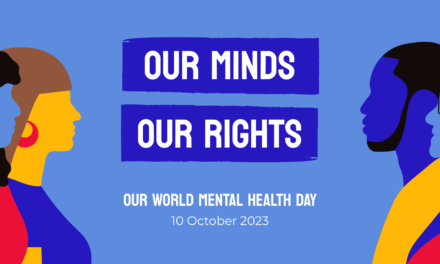In a world increasingly dominated by smartphones and artificial intelligence (AI), experts are raising alarms about the potential consequences of relying too heavily on technology. A new report suggests that reducing the risk of age-related dementia may not lie in the hands of the latest gadgets, but rather in simple daily habits that promote brain health and natural intelligence.
The recent release of the book “iMind: Artificial and Real Intelligence” underscores the importance of nurturing natural intelligence over artificial intelligence. The author argues that shifting focus from the brain’s inherent abilities to the virtual world of AI could have long-lasting, debilitating effects on mental health, particularly when it comes to dementia.
According to experts featured in the book, no technology can match the capacity, storage, longevity, energy efficiency, or self-healing abilities of the human brain. While smartphones and other devices have advanced considerably in recent years, they still cannot replicate the brain’s remarkable capabilities. In fact, the average useful life expectancy of a smartphone is around ten years, while a healthy brain, when properly nurtured, can last for a century or more.
The book emphasizes that, while the technological world continues to evolve, it is crucial not to neglect the remarkable power of the brain. A healthy, active brain can withstand the test of time and age—provided it receives the proper care. The author recommends daily brain exercises such as memory workouts, developing associative memory, and taking regular naps. Additionally, moderating alcohol consumption and ensuring adequate rest days are integral to maintaining optimal brain health.
This focus on brain health comes at a time when aging and dementia prevention have become key public health concerns. The author believes that healthy aging is an issue that is often overlooked in favor of more headline-grabbing topics like climate change, despite its profound implications for individuals and society as a whole.
By taking small steps to enhance brain function and reducing reliance on digital devices, we can pave the way for a longer, healthier life. As the book “iMind” suggests, less screen time and more brain exercise could be the key to reducing the risk of dementia and ensuring a bright future for generations to come.












